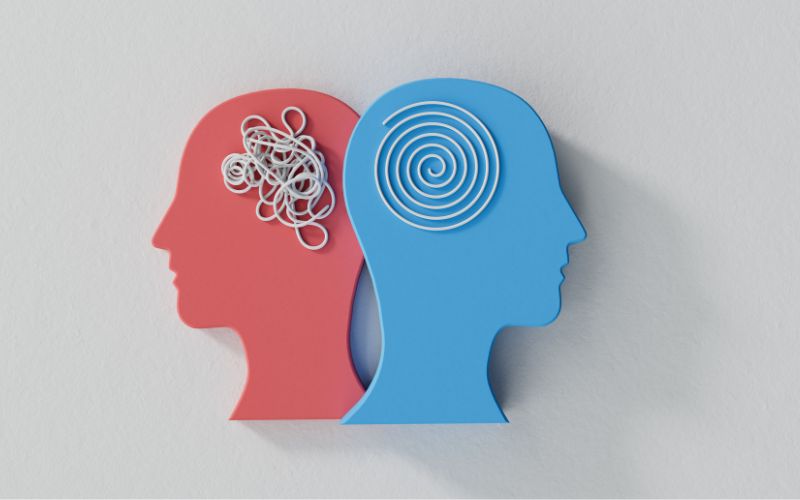
In the fast-paced world we live in, where stress and challenges seem to be around every corner, finding happiness can sometimes feel like an elusive goal. However, the pursuit of happiness is not just a whimsical pursuit – it’s backed by science. Researchers from various fields have delved deep into the intricacies of human emotions and behavior, uncovering strategies that can genuinely boost our mental and emotional well-being. In this blog, we will explore the science of happiness and provide you with actionable strategies to enhance your overall quality of life.
Understanding the Science of Happiness
Happiness is not just a fleeting emotion; it’s a complex interplay of various factors, including genetics, life circumstances, and intentional activities. Scientists have discovered that roughly 50% of our happiness is determined by genetics, which means that the other 50% is within our control. This is where intentional actions and strategies come into play.
Neuroscience has shown that our brain’s structure and chemistry are closely tied to our emotional experiences. When we experience positive emotions like happiness, our brain releases chemicals such as dopamine, serotonin, and endorphins. These chemicals not only make us feel good at the moment but also contribute to long-term psychological well-being.
Strategies to Boost Mental and Emotional Wellbeing
1. Practice Gratitude
Gratitude is a powerful practice that has been shown to increase happiness and overall life satisfaction. Taking a few moments each day to reflect on what you’re grateful for can shift your focus from what you lack to what you have. This simple practice rewires your brain to notice and appreciate the positive aspects of your life.

2. Cultivate Positive Relationships
Human beings are inherently social creatures, and our relationships play a significant role in our happiness. Invest time in nurturing meaningful connections with family, friends, and even co-workers. Positive relationships provide emotional support, a sense of belonging, and opportunities for shared experiences – all of which contribute to a happier life.
3. Engage in Acts of Kindness
Performing acts of kindness, whether small or large, not only benefits the recipient but also brings a sense of joy to the giver. Acts of kindness trigger the brain’s reward system, releasing those feel-good chemicals that boost your mood. This can be as simple as holding the door for someone or volunteering for a community project.
4. Prioritize Physical Wellbeing
The mind and body are closely interconnected. Engaging in regular physical activity has been linked to improved mental health by reducing stress, anxiety, and depression. Exercise stimulates the release of endorphins, which are natural mood lifters. Remember, you don’t have to run a marathon – even a brisk walk or a relaxing yoga session can work wonders.
5. Practice Mindfulness and Meditation
Mindfulness involves being fully present in the moment without judgment. Regular mindfulness practice and meditation have been shown to reduce stress, increase self-awareness, and improve overall emotional well-being. These practices train your mind to focus on the present and let go of excessive worrying about the future or ruminating about the past.
6. Set and Pursue Meaningful Goals
Having a sense of purpose and setting goals that align with your values can significantly contribute to your happiness. Pursuing meaningful goals provides a sense of accomplishment and direction, boosting self-esteem and overall life satisfaction.
7. Embrace Positive Thinking
While it’s important to acknowledge and address negative emotions, cultivating a positive outlook can have a transformative effect on your mental well-being. Challenge negative self-talk and replace it with more optimistic thoughts. Over time, this shift in thinking can lead to increased resilience and a greater sense of happiness.
8. Disconnect and Unplug
In today’s digital age, constant connectivity can take a toll on your mental health. Make a conscious effort to disconnect from screens and technology, especially before bedtime. Give your brain the chance to unwind and recharge, leading to better sleep quality and improved emotional balance.
The Journey to Lasting Happiness
The pursuit of happiness is not a destination but a continuous journey. By understanding the science behind happiness and incorporating these strategies into your daily life, you can create a solid foundation for improved mental and emotional well-being. Remember that it’s okay to seek professional help if you’re struggling with persistent feelings of unhappiness or mental health issues. Your happiness matters, and with the right tools and mindset, you can navigate life’s challenges while maintaining a positive and fulfilling outlook.



